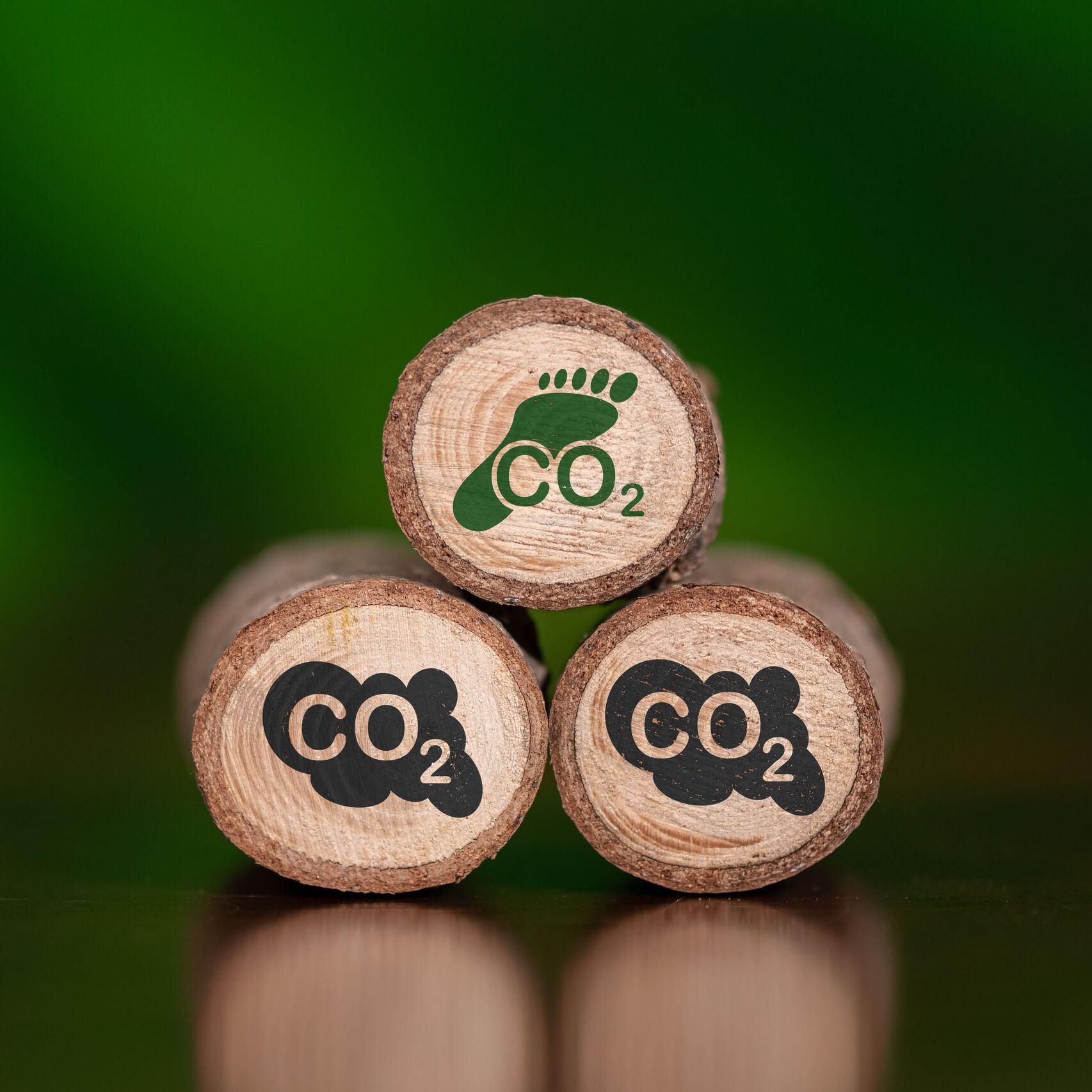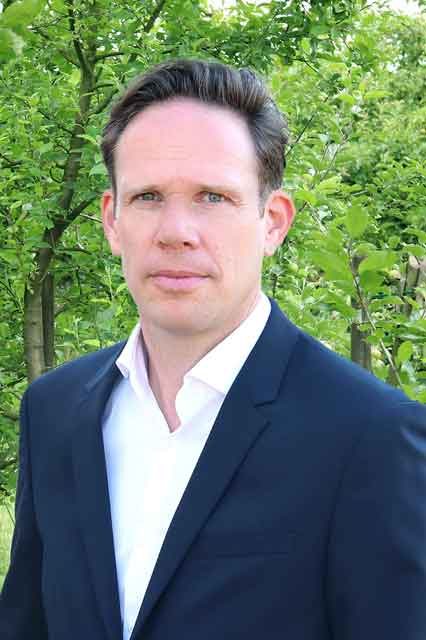Climate-Neutral Production - vdma.eu
Climate-Neutral Production
Effective climate management for companies

The question of how to successfully switch to climate-neutral production is of central importance not only for the long-term goal of greenhouse gas neutrality, but also for Europe as an industrial centre.
From greenhouse gas accounting, via climate targets and concrete implementation in companies, the challenge is to understand and reap both ecological and economic benefits.

shutterstock


Here you will find an updated overview of the progress of the project after the fourth face-to-face meeting - status January 2026 (update no. 5).
European agricultural machinery and tractor manufacturers are ready for climate-friendly fuels and sustainable drives.
The new 2026/27 edition of the VDMA Technology Guide Oil, Gas, Petrochemicals has been published. The focus is on climate-friendly technologies and alternative solutions for "hard-to-abate" sectors.
Regulatory Requirements Guide for H2 Plants and Systems in Germany and Europe - Part 1: General
Industry in Europe must finally be noticeably relieved of bureaucracy. MEPs are therefore called upon to push through the sustainability omnibus package now.
The agreement on CBAM simplification is an important step, but the extension to downstream sectors should be taken off the table. And the technical specifications are still missing.
Together with practitioners from industry, the Baden-Württemberg Industry 4.0 Alliance has formulated low-threshold measures for climate-neutral production. These are intended to facilitate the transition in companies.
Why standardization is becoming a key factor for the safe and successful use of hydrogen technologies.
Twin transformation in mechanical and plant engineering: How digitalization and sustainability together enable new business models and make the industry fit for the future.
Here you will find an updated overview of the progress of the project after the third face-to-face meeting on 12.03.202 (update no. 4).
The amendment to the German Federal Emission Protection Ordinance (4th BImSchV) by the German legislator brings clarity and relief both for the placing on the market of smaller electrolysers below 5 MW and for large-scale plants.
Have you already calculated your company's climate footprint and defined ambitious climate targets? But what specific measures can a company take to achieve these goals?
Emissions trading is the lead instrument for climate protection. EU countries are using additional instruments to achieve further targets. An IMPULS study examines the challenges of the instrument mix.
With the introduction of the new Ecodesign Regulation and the creation of a Digital Product Passport (DPP), the EU Commission has implemented key elements of the EU Green Deal.
The objectives of the Clean Industrial Deal are fundamentally correct. However, EU policy must urgently improve the conditions in Europe across the board. Not only the symptoms of crisis industries must be treated.
Ag Tech is an important enabler for the agribusiness of the future. With striking, sustainable technology solutions, the agricultural machinery industry will once again be presenting itself at Green Week 2026 under the umbrella of the VDMA.
The results report of the "Managing Sustainable Innovations" project provides a compact overview of the framework conditions and approaches that can be used to create more sustainable products.
The circular economy is one of the key areas of transformation with opportunities as an enabler for mechanical and plant engineering. The kick-off event presented selected business models.
The use of recyclable or reusable packaging not only makes ecological sense, but also saves direct costs. Reducing packaging sizes offers additional efficiency potential for companies.
Losses in the compressed air systems of manufacturing companies often lead to unnecessarily high energy costs. More energy-efficient systems and preventive diagnostic and maintenance measures save money.
Creating a heating and ventilation concept in conjunction with an autonomous control system can reduce CO2 emissions throughout the company.
The VDMA cooperation with the Greentech Festival in Berlin enters its second year
Training employees to become energy scouts can help to identify hidden efficiency potential in companies and thus reduce costs.
Heat losses in company buildings contribute to higher energy bills and thus also to a higher greenhouse gas emissions balance for the company.
This measure contributes to the optimization of building efficiency by reducing the building area to be managed.
The continuous replacement of existing conventional light sources is a low-threshold measure to improve the energy efficiency of buildings.
In a study, the Federal Environment Agency examined the potential and obstacles to carpooling in Germany. It was found that these solutions "are an essential component of environmentally-oriented mobility management.
Traditionally, production halls are supplied with alternating current from the public power grid. However, switching to direct current would have a number of advantages.
The more material - for example metals or plastics - that is not part of the final product, the higher the total material consumption and the higher the total greenhouse gas emissions.
The energy efficiency of your own production equipment, such as machine tools, can be improved by measuring and visualizing electricity consumption.
Enabling more climate-friendly commuting for employees
The VDMA maturity model enables companies to self-assess their level of climate ambition and competence as well as how they compare to the sector average.
On April 18, 2023, the German cabinet presented a draft law to increase energy efficiency and amend the Energy Services Act. An overview of the current status.
A new perspective on raw materials and their importance for the energy transition is indispensable for the success of the climate transition in Germany. Digitalisation and the reduction of bureaucracy will help.
Product Carbon Footprints are often calculated according to general standards. However, these standards often leave room for interpretation and do not offer transparent comparability. This problem is countered with the help of the VDMA standard sheet currently being prepared.
Mechanical and plant engineering is an enabler for climate protection and resource efficiency. Only with green technologies and innovative strength can climate targets be achieved and transformation shaped.
Here you will find important and interesting downloads related to robotics and automation and our trade association.
The top management of the European large industrial plant manufacturing sector met again in person at the 8th Engineering Summit in Darmstadt on 20 and 21 July 2022.
A successful event: on May 11, 2022, 60 participants exchanged views on top issues ranging from sustainability management and climate neutrality to "zero impact" in raw materials at the Corporate Foresight spring conference. Exciting presentations, interesting discussions and inspiring networking.
The VDMA Fuel Cells Working Group pursues the goal of successfully establishing fuel technologies in Germany and positioning them on global markets.
On 24 November 2021, the kick-off event of the new VDMA project will take place online.Climate change is one of the key global challenges facing industry and society. Companies contribute significantly to anthropogenic climate change directly through site-related emissions, but also indirectly through emissions associated with energy purchases, as well as those that occur in the upstream and downstream value chain. Securing long-term competitiveness and adapting to the tightening political framework conditions are becoming drivers for greenhouse gas emission reductions and the gradual adaptation of new business models for companies across industries and regardless of their size.
An adapted framework is necessary for the climate neutral energy system to work. VDMA is leading the way with concrete proposals. Hydrogen production at sea will pick up speed as early as next year.
The study "Climate Pathways 2.0" shows what a huge challenge it is to move from political climate protection targets to the real investment decisions needed. The new German government must now create a suitable market framework. The more international - and above all European - action is taken here, the better.
Industry is to be climate-neutral by 2050. That's what the politicians have decided. After the Bundestag elections, the issue will come into even sharper focus. A much earlier time frame is being discussed, so that the Paris climate targets can be achieved. And more and more German companies are already claiming that their production is climate-neutral. But what is the truth? Are climate-neutral factories already a reality, or are we at least on the right track? The VDW podcast TechAffair takes a look at the opportunities and hurdles on the way to the home straight.
The "Green Deal" is associated with challenges, but also opportunities. Mechanical engineering has an advantage: sustainability is part of its DNA - the situation is different across industries.
The industry initiative aims to promote the exchange as well as the transfer of knowledge and proactive action around environmentally friendly technologies and green innovations.
Expression of interest in IPCEI (Important Project of Common European Interest) "Low Carbon Emission Industry" launched.
VDMA publishes brochure on battery recycling
What challenges await mechanical engineering on the road to climate-neutral production? Carl-Otto Gensch, Öko-Institut Freiburg, and Dr. Sarah Brückner, VDMA, talk about this in the new edition of the VDMA Industry Podcast.
The Climate Change Act builds extreme pressure for action by 2030 - which is required to meet the goals of the Paris Climate Agreement. But it still lacks a real decision-making framework that companies can use to plan their investments for the long term.


Important questions on this topic
Your contact



